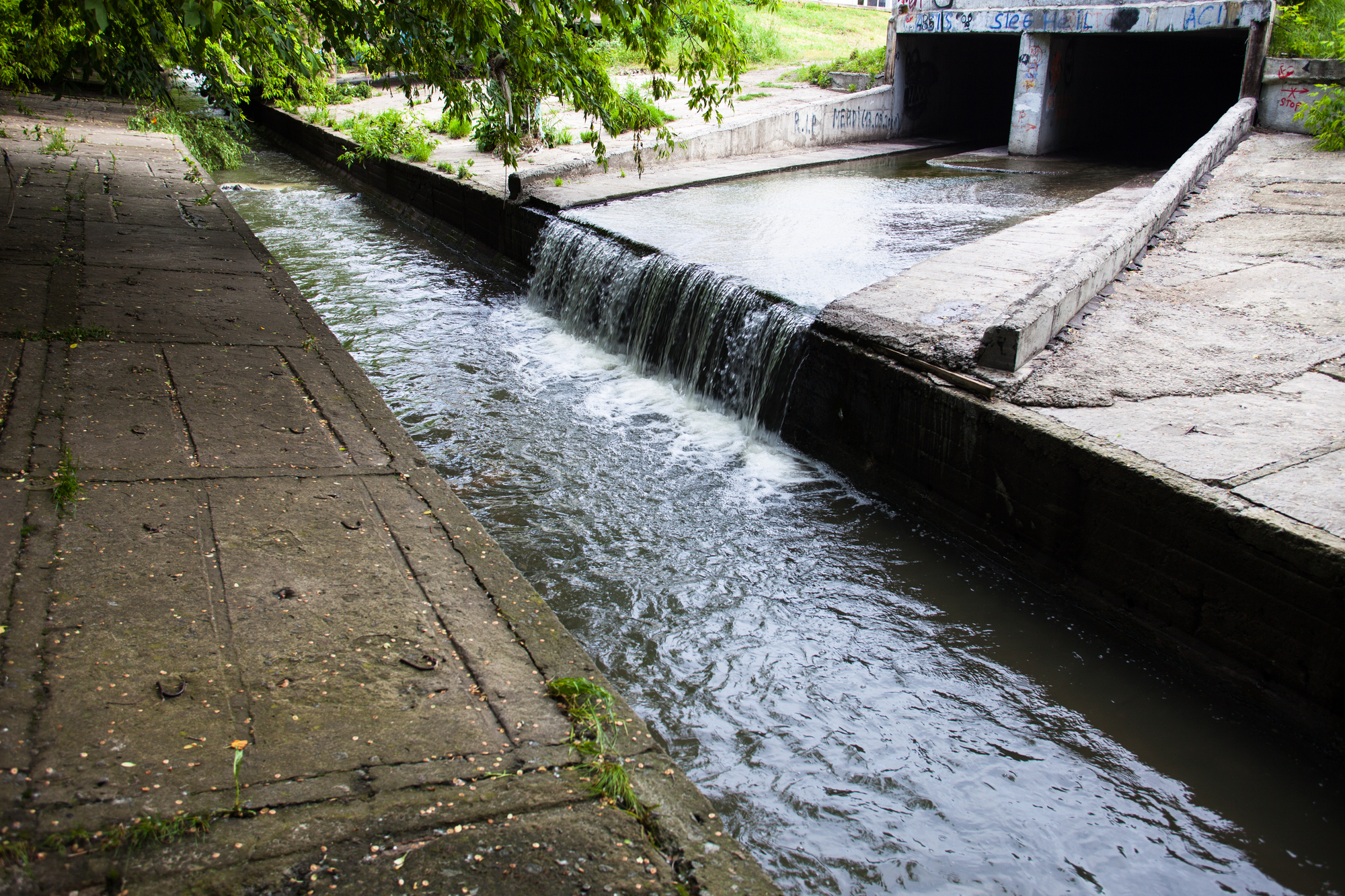Urban and Basin Drainage

Urban and Basin Drainage
The falling rain can be a source of water or a source of trouble. Flooding that causes damage to people, property and environmental pollution caused by drift of polluted rainwater to rivers and seas is a source of serious problems.
On the other hand there is a great potential in rainwater as a water source, a natural resource that is increasingly in short supply.The climate change we are experiencing and their effects on the rainfall regime, intensities and prevalence, are a major challenge to the authorities and planners in light of the many hazards that can be found in the runoff and in view of the need to pool these water for agriculture and irrigation purposes.
The founders of the state of Israel were aware of the importance of the drainage issue and one of the first laws passed by the Knesset on environment and natural resources was the Drainage and Flood Protection Act, 1957.
The law establishes a national drainage council.
The law permits the establishment of drainage authorities by order of the Minister of Agriculture. The functions of a drainage authority are to take care of the regular drainage of the area designated for it. When performing these functions, a drainage authority is also required to act to prevent health hazards. In 1996, the drainage authorities were reorganized - their number was reduced to 11 and the boundaries of the drainage areas were adjusted according to the boundaries of the basins in Israel.
The drainage law itself is "silent" on the quality of the runoff water. In the absence of a substantive guideline in this regard, the drainage authority reserves the discretion to include measures to ensure the quality of the runoff water regulated by it.
Another law that deals with drainage is the Rivers and Springs Authorities Law, 1965. The law authorizes the Minister of Environmental Protection to establish a river authority for a stream, part of it, a spring or any other water source.
The responsibility for municipal drainage lies with the local authorities.
The use of runoff water for irrigation is subject to a large number of permits under the Water Law. When runoff is introduced into the land, discharged to the sea, or stream, permits and licenses are required for these operations.
There is also a split in the courts that are competent to handle the matter, as some of the legal proceedings being within the jurisdiction of the Water Tribunal and another in the jurisdiction of other various courts.
From this brief and partial overview, we learn how complex the legal situation is with regard to water and urban and basin drainage.
A conduct that does not take into account the full body of legislation on the subject may result in indictments, closure orders and civil lawsuits, including class action for damage to property, environment and natural resources.
Our firm's lawyers have been dealing with water, wastewater, and drainage issues for many years. We can advise you on how to conduct the legal labyrinth safely to mitigate risks, obtain permits and licenses needed for the legal regulation of your activities and to represent in criminal, administrative and civil legal proceedings as required.